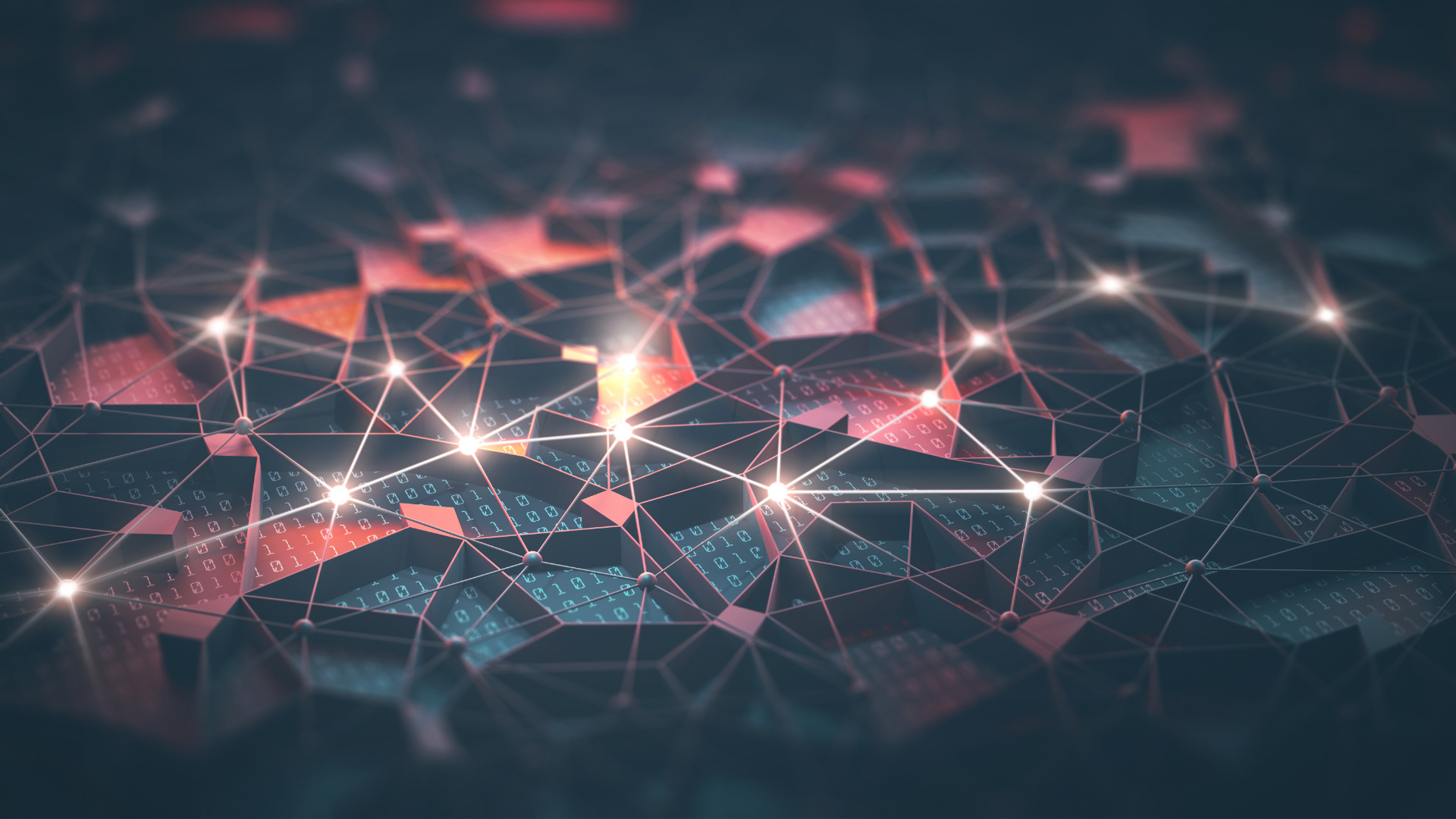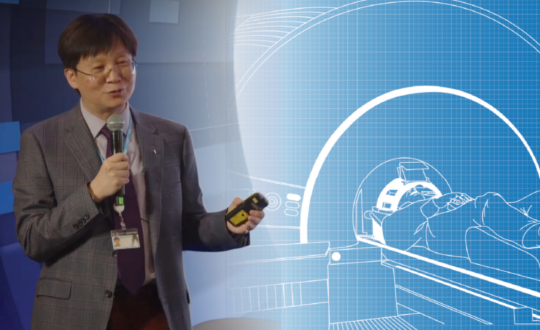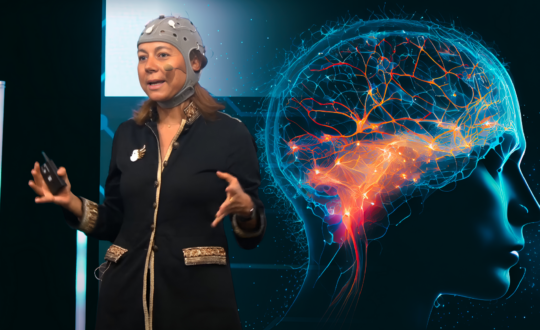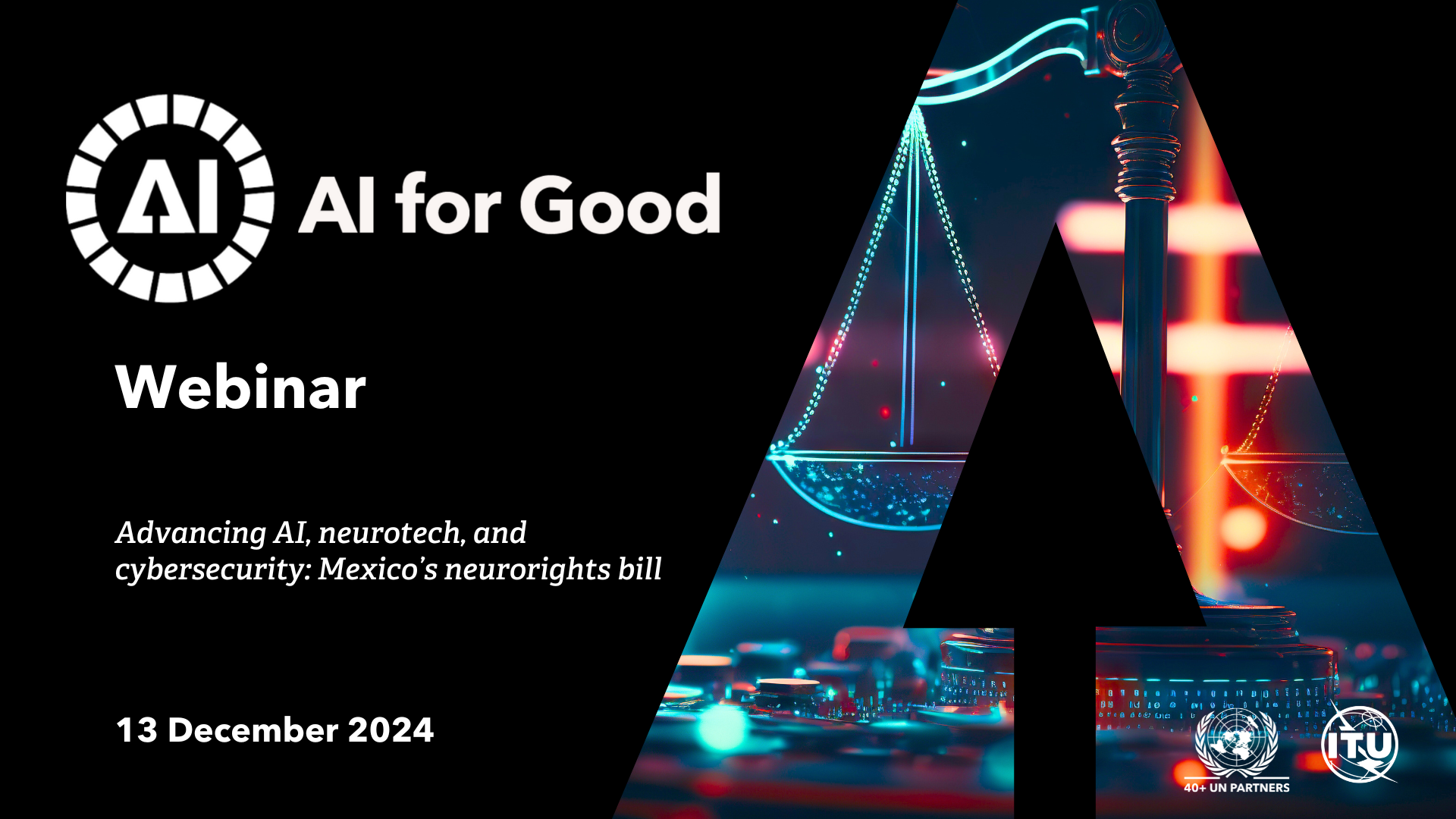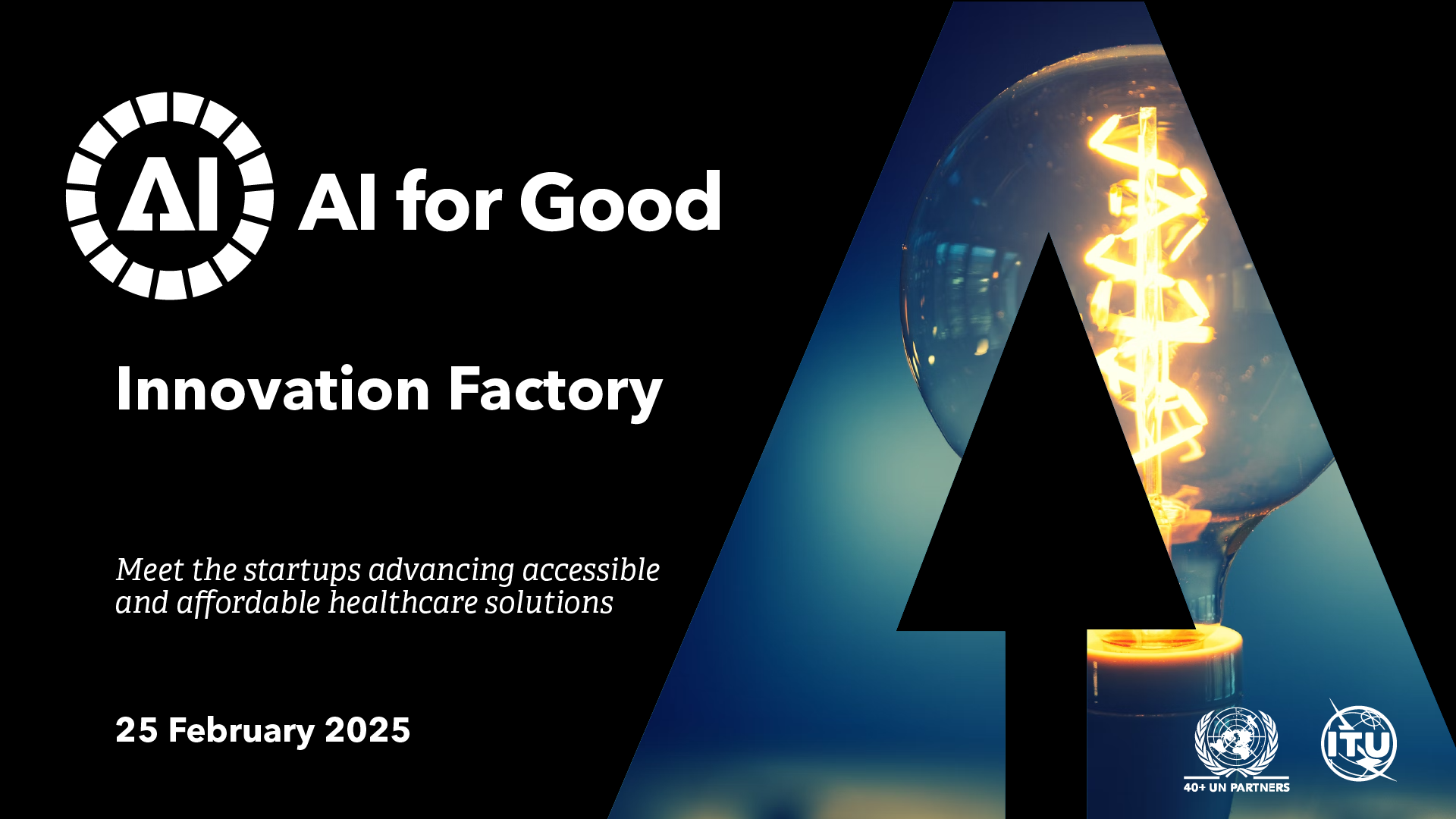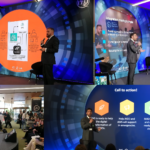Artificial intelligence (AI) is advancing at an increasingly rapid pace. New technological applications and systems are currently being used to simulate, extend, and expand human intelligence. With the continued development of AI science and the deepening of the simulation of human consciousness and thinking information processes, AI has received ever-growing attention in various fields. As a result, it is gradually being applied to industries such as robotics, medical treatment, manufacturing, environmental protection, and network construction. It’s so alluring and disruptive, that AI has become a top trend in almost every industry, not just global technology companies. Furthermore, with the ever-growing development of science and technology, AI applications will continue to emerge in more and more aspects of dailylife.
At the AI for Good Webinar, Wang Xinhui, General Manager of Wireless Standardization and Industrial Relations, ZTE, shows how AI+ is shaping today’s society and four trends in future AI.
Capturing AI in the present
Artificial intelligence, and specifically machine learning, have penetrated all aspects of today’s society. Four areas seeing the most benefit from “AI +” are:
- Artificial Intelligence and health
The COVID-19 outbreak has attracted widespread attention in the medical industry. It’s worth mentioning that the increasingly mature AI has played a great role in the fight against the pandemic. Telemedicine, intelligent imaging, medical robots, and pathology-assisted diagnosis have assisted clinicians this epidemic. In the control and prevention stage of COVID-19, machine learning algorithms that can identify the “asymptomatic infections” and “super spreaders” of the population who are most likely to be COVID-19 patients.
- Artificial intelligence + manufacturing
Smart factory digital production lines, automated testing and real-time data interaction are being deployed in manufacturing sectors., Increasingly, data shows that the future market prospect of AI is very impressive, and it also creates more new opportunities for the development of intelligent manufacturing. ZTE’s Nanjing Binjiang 5G Intelligent Manufacturing Base focuses on and implements the concept of “manufacturing 5G with 5G”.
- Artificial intelligence and environmental protection
AI can replace manual environmental protection work where these operations have low efficiency, high costs, and high risks associated. Furthermore, AI technology and products can assist people in the prevention of environmental pollution and destruction, for example tracking deforestation with machine learning algorithms.
- Artificial intelligence and 5G wireless communications
The commercialization of 5G has ushered an unprecedented huge network scale, complex network structure, and surge of network traffic of 5G. The use of AI can enable the network to achieve high efficiency of operation and maintenance, predictability of traffic, and precision of marketing, helping communication network operations face challenges related to traditional operation and maintenance management methods.
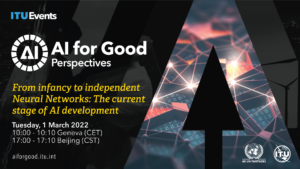
Find more information on the above event here
Artificial Intelligence Trends
Following the two climaxes of AI development in the 20th century, deep learning has set off the third wave of AI with its outstanding performance in automatic feature extraction. Since 2006, deep learning has made great breakthroughs in voice and vision recognition capabilities from its budding to maturity. A new technological breakthrough with a cycle of about 20 years has been gestating.
Four trends are becoming more and more obvious, according to the development process of AI technology.
- Accelerated integration of artificial intelligence and industry
Generally speaking, the application of AI in industry is in its infancy, and there are still some difficulties that hinder the implementation of application scenarios. Therefore, AI must be closely integrated with the industry, not only to promote the implementation of AI application scenarios, but also to push forward the breakthrough innovations in basic data and platform technology, and to build a bridge that effectively connects with the traditional industry ecology.
- AI technology research: in-depth details
At present, the new generation of AI has gradually shifted from the initial algorithm drive to the compound drive of data, algorithm, and computing power. Among them, the driving role of data-based applications has become increasingly prominent.
- A closed-loop without human intervention
Today’s AI is not an automatic and complete closed-loop system. After outputting wrong results, it cannot self-correct and immediately achieve better output. Instead, scientists need to retrain on better training datasets to achieve better results. The closed-loop human free intervention will be an important goal for the development of AI technology.
- Trusted AI
To prevent artificial intelligence from being misused and abused, on the one hand, it is necessary to address the problematic symptoms from different levels such as laws and regulations, ethical norms, and industry consensus, but also to address the root cause from the level of technological innovation. Therefore, it is increasingly more important to embed ethics and governance in the entire life cycle of AI product design, research, development, deployment, and use.
Imaging Future of Artificial Intelligence
A digital transformation wave has swept over all walks of life around the world. Global enterprises have realized embracing emerging information technology is the key to improving business optimization, industrial upgrading, and value creation. In this process, the potential of AI, as a key enabling technology, is being uncovered in terms of computing power, algorithms, and data. Now, what are the successful landing cases? What new possibilities will it bring in the future?
It is undeniable that AI will continue to learn and advance with the times. What will happen in the future? There isn’t a wink of a doubt that all aspects of our travel, medical care, and production will be further upgraded thanks to AI.
Perhaps dealing with robots will become our daily routine, perhaps brain-computer interfaces will come to fruition, helping people with disabilities to restore their lives and communication skills. Maybe AI will make people more creative, free humans from complicated or mindless tasks, and even replace humans in dangerous jobs. The technological development of AI will go hand in hand with the digitization and intelligent upgrading of the industry, building a future with unlimited possibilities.



